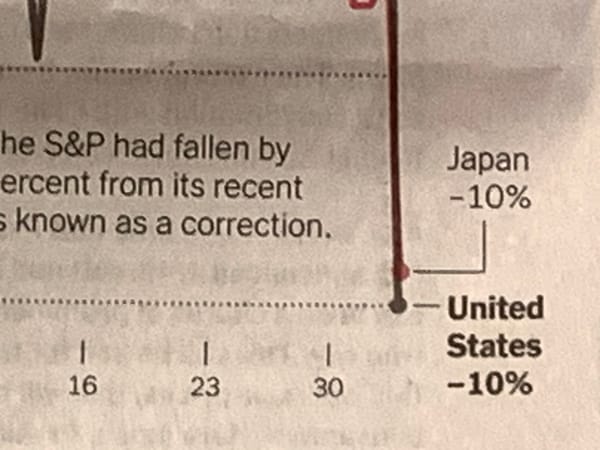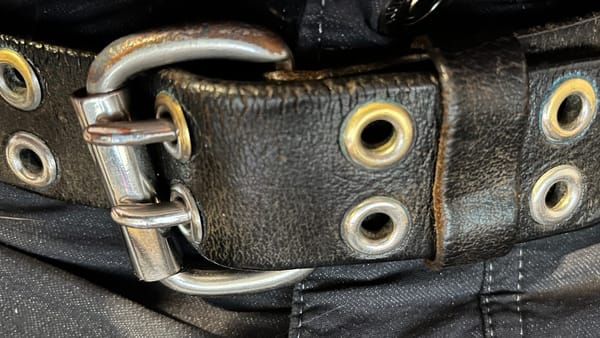"The clogged toilet here, in the analogy, should be freely flowing with information."
INDIGNITY VOL. 4, NO. 4

SELF-REFERENCE DESK DEP'T.
Talking With Hamilton Nolan About Journalism and Mortality
I WROTE ABOUT getting sick and scuffling for employment because, at the time, I couldn’t think about much else. Apparently, other people want to think about it too now.
Over at Popula, Maria Bustillos used the piece as the jumping-off point for talking about dependence and independence in journalism. And my righteous and feisty old Gawker colleague Hamilton Nolan sent me some interview questions for his excellent newsletter, How Things Work, and agreed to let me reproduce the results over here too. Indignity encourages its readers to subscribe to How Things Work, and also to preorder Hamilton’s upcoming book, The Hammer: Power, Inequality, and the Struggle for the Soul of Labor. Our interview is below.
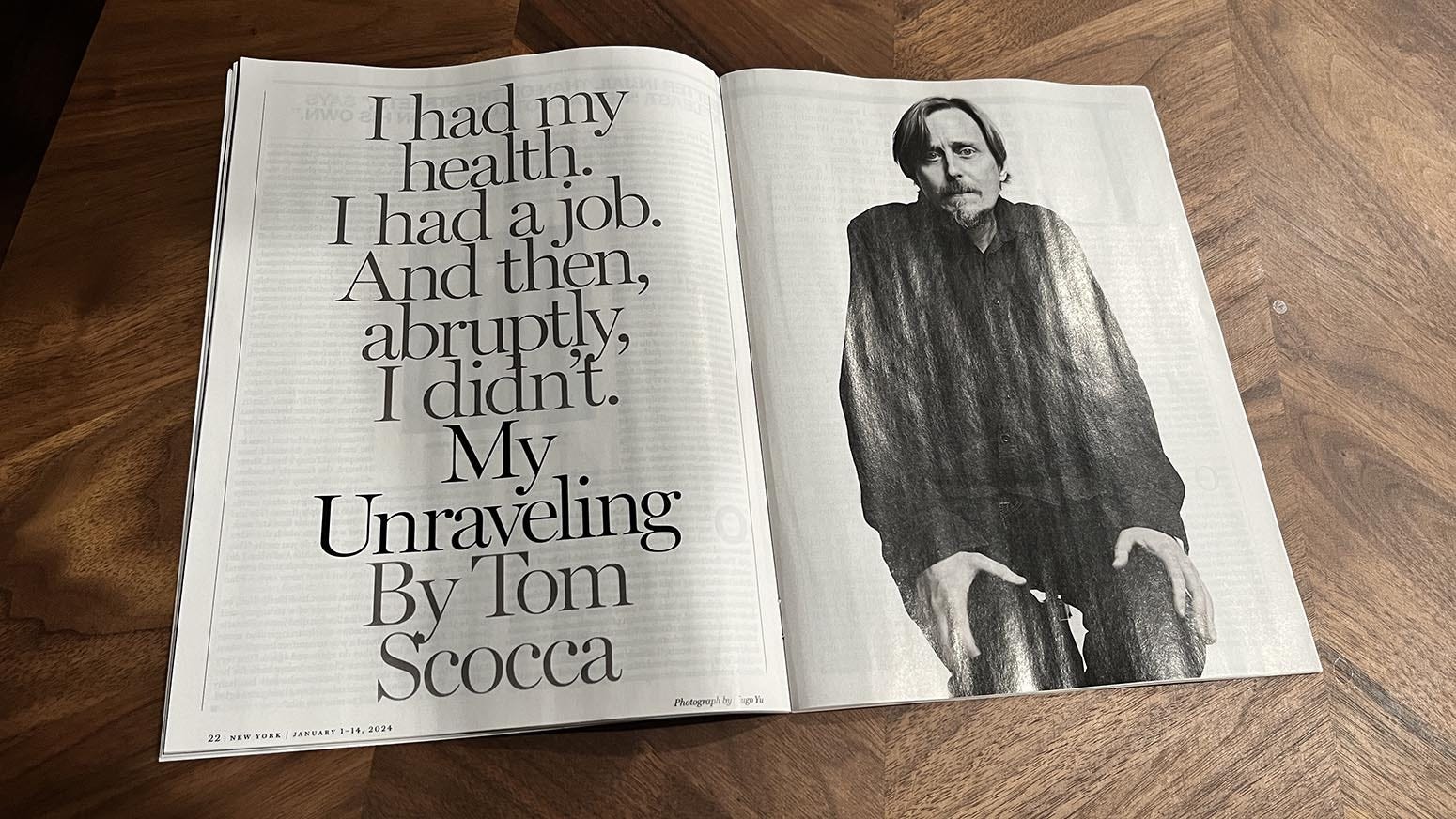
THIS PAST WEEK, New York Magazine ran a long essay by the writer and editor Tom Scocca, in which he details his abrupt, mysterious descent into poor health, and the agonizing process of trying to find diagnosis and treatment while also struggling to hold together the demands of his family and career. The harrowing piece is typical of Scocca’s writing: finely crafted, closely observed, and powerful. Read it.
I know Tom. I worked with him for years at Gawker Media. He was a sort of roving staff editor who also wrote—unlike many editors, who descend into the laziness and management demands of the big chair and end up never writing. Tom was a touch older than most of us, and a good deal more polished, but he had the deep, perhaps irrational (insane) appetite for combat that distinguished the very best bloggers. All of his essays are exemplars of the form, but the most famous he wrote at Gawker was “On Smarm,” a 2013 dissection of a particular strain of wheedling rhetorical bullshit that is still often cited to this day. We were both at Gawker when Peter Thiel’s legal attack bankrupted the company and caused Gawker.com to be folded in 2016.
His New York Magazine piece was first and foremost about human fragility and the mysteries of our bodies and the inanities of the health care system, but it was also a tale about what happens when the industry you are working in collapses beneath your feet. It is suffused with the consequences of the journalism industry’s rather sudden decline as a stable employment option. Scocca, the sort of journalist who should rationally be editing a major magazine or something, finds himself scrambling to find a consistent job even as he tries to deal with his own health crisis. For obvious reasons, I could relate to the indignities of finding yourself, after decades of honing your craft, deposited instead in this absurd wasteland.
Anyhow Tom is a damn smart guy and a little bit of a psycho like many interesting writers and he was nice enough to answer five questions from me, which are below. You can subscribe to his work now at Indignity.
Talking With Tom
There are a lot of threads in this story, but one that jumped out to me was the backdrop of the collapse of the journalism industry. "Work, but no jobs," as you put it, which seems very accurate to me. The absurdity of someone like you not being able to find a decent job is like, you know, Picasso not being able to get hired as a sign painter (feel free to suggest a better metaphor). What's your analysis of what has happened to this industry?
Tom Scocca: It maybe feels more like Philip Glass not being able to get hired in his side career as a plumber—people still have toilets that clog and dishwashers that leak, but that demand has been arbitrarily cut off from the supply. The clogged toilet here, in the analogy, should be freely flowing with information. People still have the desire to read about the world, but that desire is less powerful or less organized than Google and Facebook’s desire to suck all the money out of the ad market as middlemen, or Alden Global Capital’s desire to liquidate newsrooms for their real estate value, evict the staff, and fill the news hole with words assembled by a Mad Libs bot in some server closet 800 miles away.
And so publications, watching this destruction everywhere, have kind of lost their minds. One incredibly demoralizing thing I tried to capture in the piece is the experience of applying for jobs that don’t really exist? Listings get downgraded or outright rescinded while the supposed hiring process is underway. You can interview with people, write a memo, take an edit test, and then just have them…ghost on you? While you were trying to talk them into letting you do the job, they were talking themselves out of spending the money on the job at all. It’s fine if you don’t vibe with me or don’t like the cut of my jib or whatever, and you want someone different, but don’t ask me to role-play a candidacy while you work through your anxieties about budgeting!
We are kind of opposite writers-- you always seemed very thoughtful and careful with crafting each sentence, and I just tried to close my eyes and write as fast as possible. But both of us seemed to flourish in the Gawker-esque ability to say exactly what we thought. Ironically that quality also tends to make you borderline unemployable everywhere that is not Gawker. Do you feel like the destruction of Gawker played a significant role in your career?
Scocca: Clearly you have forgotten the Koko blog.
But yeah, I mean, I had to walk away from this question for a while because the subject still is so unpleasant to think about. Maddening though so many things were about working at Gawker, I was basically satisfied and secure there, and it felt like on any day we could do something that could make a difference to thousands of readers and might even be joyous. And as I wrote long ago at length, even a lot of the maddening things were secretly the result of the organization being put under constant strain for entirely malicious outside reasons, not organic internal problems.
There's a sort of received wisdom that's built up—a lot of the coverage of Ben Smith's book took this for granted—that Gawker was inherently doomed, that the entire cohort of publications that thrived in the Gawker Era was incapable of surviving the structural upheavals that hit the digital media industry. There was some entity called GawkerandBuzzFeed that depended on a certain model, and that model stopped working. But, like, BuzzFeed was doing one thing, and Gawker was doing another, and as terrible as everything was in digital media, it's not clear to me that BuzzFeed's doom would have been Gawker's doom. Not that we necessarily would have made it, either! But on a timeline with no Thiel conspiracy, Nick Denton would probably at least have found a unique and different agonizing trajectory for us to follow. Maybe Kinja would have had a button to turn comments into newsletters?
In a job interview not long ago, someone basically asked me, in more polite terms than this, “Boy, you sure jump around from job to job a lot, what’s that about?” And I was like, no, look, I spent *seven years* at *Gawker Media*. That’s like spending 90 years at the New Yorker, churn-rate-wise*, and I only left because a sociopathic billionaire degenerate vampire destroyed the place out from under us. I’m not an entrepreneur or risk-chaser by nature; I’m a homebody. I would love to spend the rest of my life writing and editing for the same audience at the same place for a reliable amount of money, with a pension at the end when I start repeating myself and the grandchildren of my original readers start clowning me on whatever social media they’ll be using by then. I’ve done these various bootstrap indie endeavors with 12 months or 9 months or 4 months of runway not because I love adrenaline or have a shark-like drive to endlessly swim on but because 1. they offer the chance to at least try to publish what you mean to publish and 2. people with more “real” jobs keep also turning out to be living on 12- or 9- or 4-month timelines, they just don’t know it till the holiday layoffs come down.
* Present company excluded from churn-rate calculations.
You wrote a very widely read essay on mortality, "Your Real Biological Clock Is You're Going to Die," in 2018. Have the health issues that you're facing now changed your thinking at all on that?
Scocca: I mean, the basic point holds up pretty well in the light of this experience, I’d say? It feels even more viscerally true than before—someday I’m gonna go back to the hospital, and that time the discharge papers will end up clipped to my big toe.
The major difference is the increased awareness that I’m also going to be losing pieces of my life along the way. There was a span of time in there when I couldn’t even take a big swig of cold water when I was thirsty. My swallowing muscles were too weak, and if I tried something bigger and more potentially refreshing than a baby sip, I’d choke on it and go into a five-minute coughing spasm. Thanks to the meds, I’ve gotten that back again—cold water! It’s tremendous. If I guzzle too much, the meds also might make me burp it up again in my sleep at 3 a.m., when it tastes a damn sight less cool and sweet than it did going down. But better to worry about overdoing it than to not be able to do it at all.
You wrote "On Smarm" in 2013-- pre-Peter Thiel, pre-Trump, pre-the entire rise and fall of Twitter in the discourse cycle, pre-Covid, pre-collapse of the online media industry. Do you think THE DISCOURSE has gotten worse since then, or is THE DISCOURSE an entity that floats above the world like a Platonic ideal? Are you hopeful or not hopeful for the evolution of THE DISCOURSE as time goes forward?
Scocca: Donald Trump was obviously a huge break from the trend toward weaponized ostentatious propriety—except, bizarrely enough, that even this crude monster who runs on slander and abuse was, and is, incredibly obsessed with manners and how people treat him. It's not like being scolded by the Poynter Institute or whatever, but there is some sort of apotheosis of the spirit of smarm in this guy getting up on stage at outright hate rallies and moaning to his baying mob of chuds about how very very unfair those people are to him, so unfair, nasty, nasty people. He's the ultimate civility policeman, the Sheriff Buford T. Justice of civility.
As for THE DISCOURSE, woof, mercy. The destruction of Twitter has been a disaster in many, many ways: there's a catastrophic loss of real-time information about unforeseen events as they happen; the politically engaged public has lost a powerful central node for mobilizing and sharing ideas; for writers working independently, it's basically impossible to have a piece break out and reach a larger audience the way it used to. But it's also incredibly nice not to be on there, and for Elon Musk to have built a sort of hog-waste lagoon for the worst people to swim around in so you don't have to smell them every day. I went over there a few times when the New York essay went up, because the Twitter DMs are still my main channel for talking to some people, and I saw in my mentions that Alex Berenson was trying to whip up an antivax thing around my piece, and trying to tag me into it, and...I had forgotten Alex Berenson even exists. And where once I would have felt an obligation to fight back against this frankly obscene provocation—I'm sitting here with my immune system tamped down by drugs, and this psychopath is trying to use my case to encourage his idiot followers to make the world even more dangerously full of contagious germs for someone like me—I just closed the dang tab and went about my business.
I always thought that the perfect job for you would be public editor of the NYT, and I assume that they ended the existence of that position because they feared the prospect of you one day holding it. Anywhere that you could do your brutal eviscerations of the press, which seem to be found less frequently today than a decade ago. What do you think is the job that you are destined for?
Scocca: Haven't had much cause to believe in destiny, really. That was sort of a "theme" of the essay, I think? The Public Editor always seemed set up for failure—one or two people thrived in the role, but mostly it was a mug's game to be assigned to argue in public with the person who signs your paycheck, about things their newspaper had already done. I keep saying I'd love to be the Private Editor of the Times, where they'd pay me a handsome salary and I'd tell people things like "It seems weird to keep putting this many stories warning against trans youth interventions on page one, especially now that people are reduced to complaining that schools won't rat out kids to their parents if they ask for different pronouns" or "This hyperlink Bret Stephens used leads to a piece saying the opposite of what he claims it says" or "Maybe try writing a story about anything other than the president of Harvard," behind closed doors, *before* they hit "publish."
"Media critic" sounds like a job for some sort of ultra-journalist, a fully professionalized professional, but in my heart, I'm a reader. I subscribe to the New York Times, and I prefer it when the things I read in my morning paper make sense and reflect the basic proportions of reality. I've spent a lot of time by now editing and fixing up articles myself, so I do like to work out where a bad piece went wrong, as a matter of craft and judgment. Fundamentally, though, your sympathies and sensibilities have to lie with the people who are reading the stuff, not the people who are making the stuff.

WEATHER REVIEWS
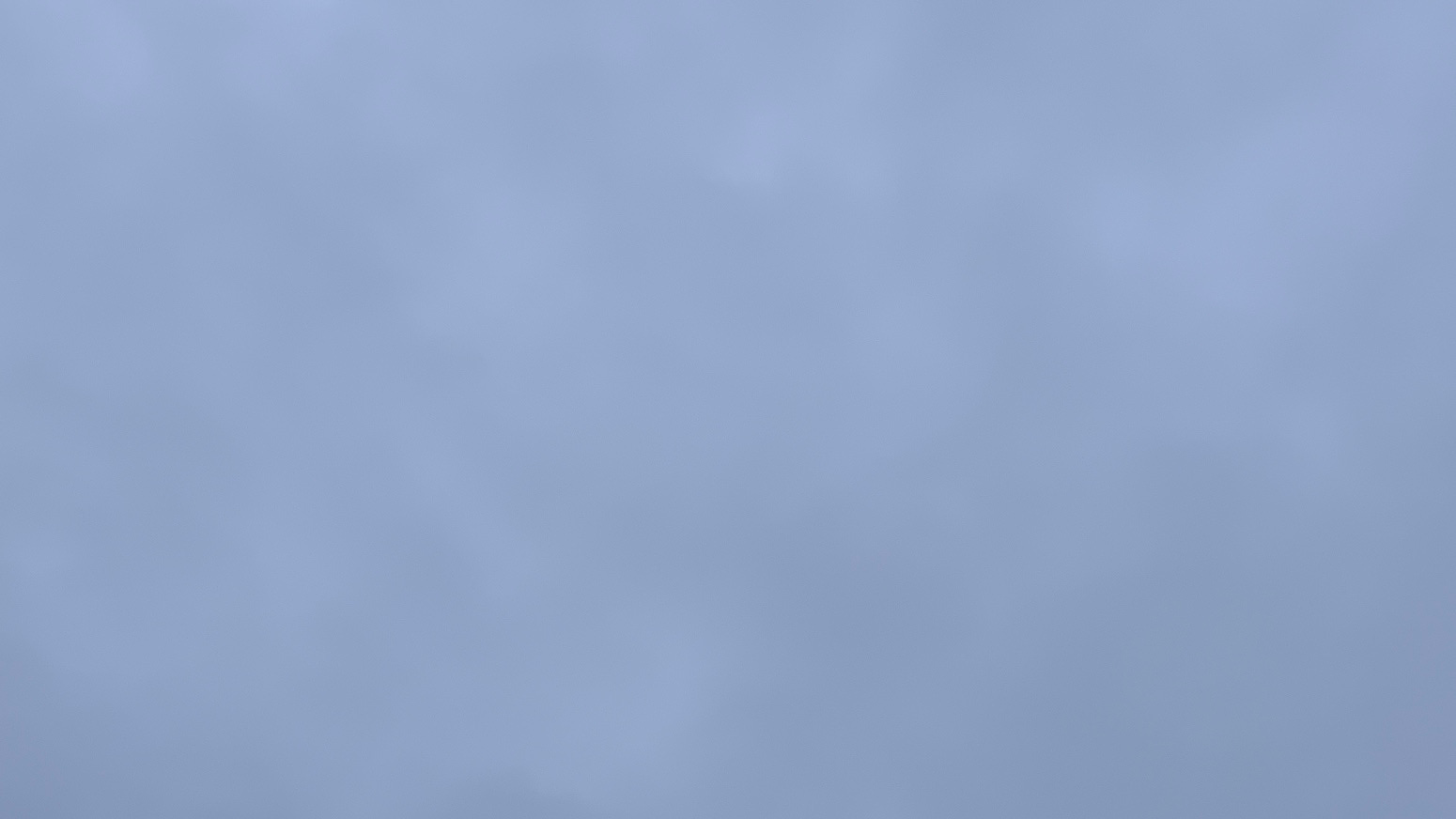
New York City, January 7, 2024
★★★ A few clumps of slush had somehow not only formed from the tenuous snowfall while it lasted but endured the long night of rain, into the damp morning. One or two snowflakes blew by among the drops. People walked along with their hoods up, experiencing winter discomfort without winter joy. Around 11, what was falling bloomed into fat white snow again; the children exclaimed and hurried to the window, and then the younger one remembered he would have to go out into it later. Big puffy flakes descended at crosscrossing angles against the blank wall off the balcony. Afterward, breath steamed and a lone cardinal chirped as afternoon moved to evening. The super's plastic bags were too small to meet at the middle of the Christmas tree, coming from the top and the bottom, so it strewed dry needles along the way down the stairs and out the door to the curb, where something fine and wet was still blowing invisibly in the gathering dark..

EASY LISTENING DEP’T.
INDIGNITY MORNING PODCAST
Indignity Morning Podcast No. 193: A proper old-fashioned winter Nor'easter.
Tom Scocca • Jan 8, 2024
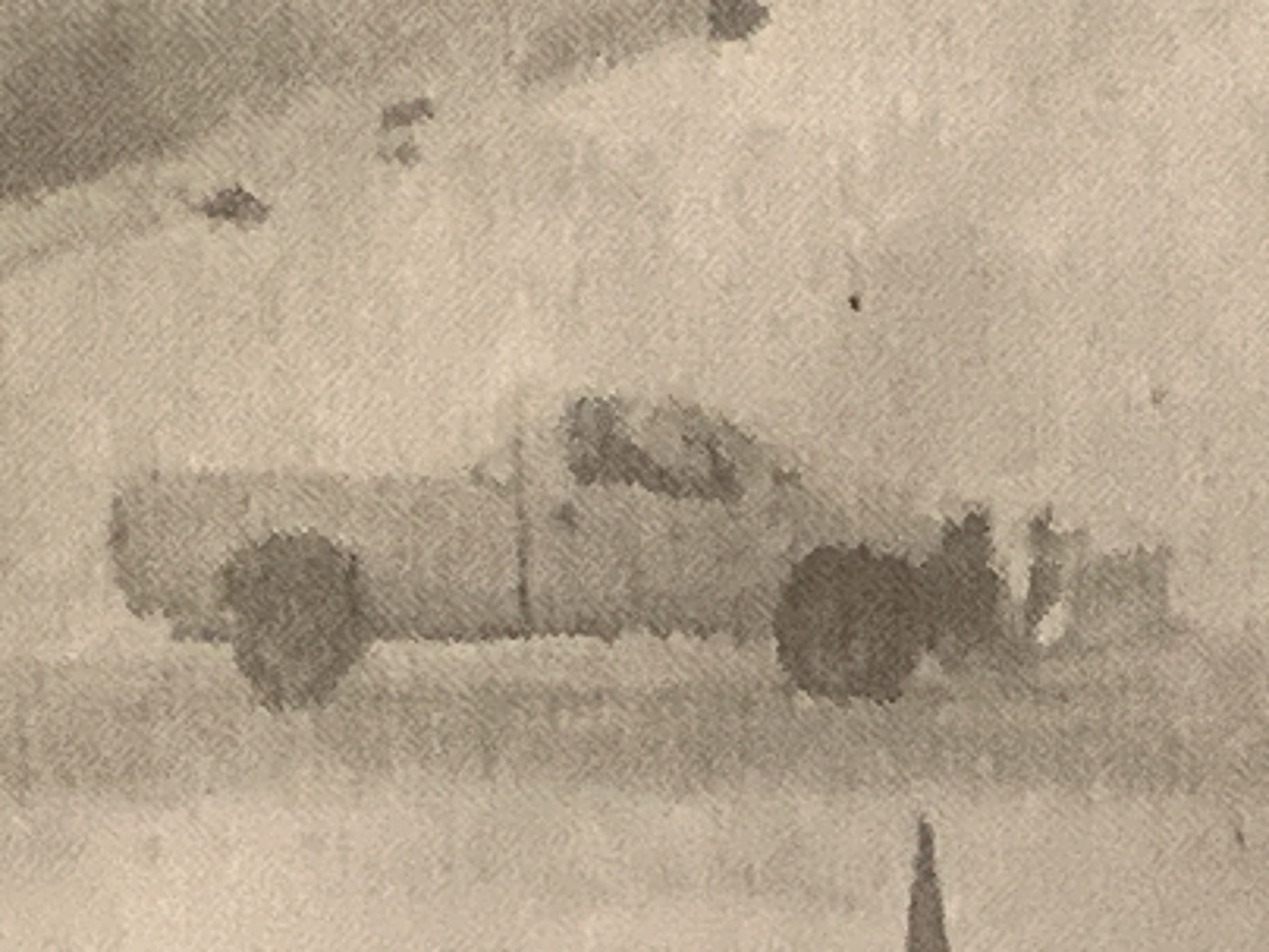

BLUESKY DEPARTMENT
READERS OF INDIGNITY who have previously benefited from the Bluesky-code generosity of other readers of Indignity are now paying it forward by providing us with even more codes for the still-beta social network. If you haven’t already gotten a code from us, we have lots of codes. Email indignity@indignity.net and we will award Bluesky codes to those who respond, one per reader, first email, first served.

SANDWICH RECIPES DEP’T.
WE PRESENT INSTRUCTIONS for the assembly of sandwiches from Reliable Recipes, by The Ladies' Aid Society of the Methodist Episcopal Church, Grundy Center, Iowa. Published in 1928, now certified Public Domain Mark 1.0 Universal, these recipes and more are available at archive.org for the delectation of all.
OPEN SANDWICH
Toast slices of bread, butter while hot, and cover with thinly sliced cream cheese. Separate the white from the yolk of the egg, taking care not to break the yolk. Add a pinch of salt to the egg white and beat to stiff froth. Spread this over the cheese. Make a hole in the center and drop in the egg yolk. Place in oven and brown evenly. Serve immediately with olives or pickles.
—Mrs. Donald Pettit, Cedar Falls, lowa.
SANDWICH LOAF
Use bread two or three days old, cut off crusts at ends and sides, Cut loaf lengthwise in five slices. Lay slices so they can be placed together as they were. Spread butter on both sides of the three middle slices.
On the first slice put chopped meat, tongue or chicken, moistened with cream or gravy.
Lay on second slice. On this spread grated cream cheese mixed with salad dressing and chopped celery or pickles,
Lay on third slice and spread with chopped boiled egg mixed with salad dressing.
Lay on fourth slice. Put on chopped parsley or lettuce.
Lay on last slice. Roll in a dampened tea towel and place under a light weight for an hour. When ready to serve, slice like any loaf of bread.
SANDWICH FILLINGS
- Chopped veal or chicken, chopped peppers, celery salt or finely chopped celery.
- Peanut butter, thick cream, with graham bread.
- Baked beans, chopped ham, pickles, with graham bread.
- Sardines, lemon juice with white bread.
- Chopped hard boiled eggs with salad dressing.
- Marmalade with cream cheese.
- Watercress and crisp bacon on graham bread.
- Ground carrots, walnut meats and mayonnaise.
- Salmon, cucumber, dill pickle and salad dressing.
- Ground minced ham, bit of sweet pickle, moistened with mayonnaise.
- Strawberry jam and cottage cheese.
- Chopped ham, hard-boiled eggs, salad dressing.
- Cottage cheese, solid portion of fresh tomatoes, diced cucumbers, chopped tops of green onions, diced bacon.
- Ground dried beef, tomato catsup.
- Two parts cooked veal, one part cooked pork, ground, moistened with gravy or mayonnaise.
- Finely chopped pineapple with cheese.
- Cottage cheese, chopped olives, pickles, nuts, celery, pimentoes or Spanish onions.
- Chopped olives, hard-boiled eggs, paprika, salad dressing.
- Sardines, mayonnaise, new onions, lettuce leaf.
- Chopped raisins, nuts, and lemon juice.
- White cream cheese, chopped dates, moistened with cream.
SIMPLE SLICED SANDWICH FILLINGS
Ham, corned beef, roast beef, veal, lamb, pork, tongue, chicken, sardines, eggs, cheese, lettuce, peanut butter, marmalade, meat loaf.
If you decide to prepare and attempt to enjoy a sandwich inspired by this offering, be sure to send a picture to indignity@indignity.net.

MARKETING DEP'T.
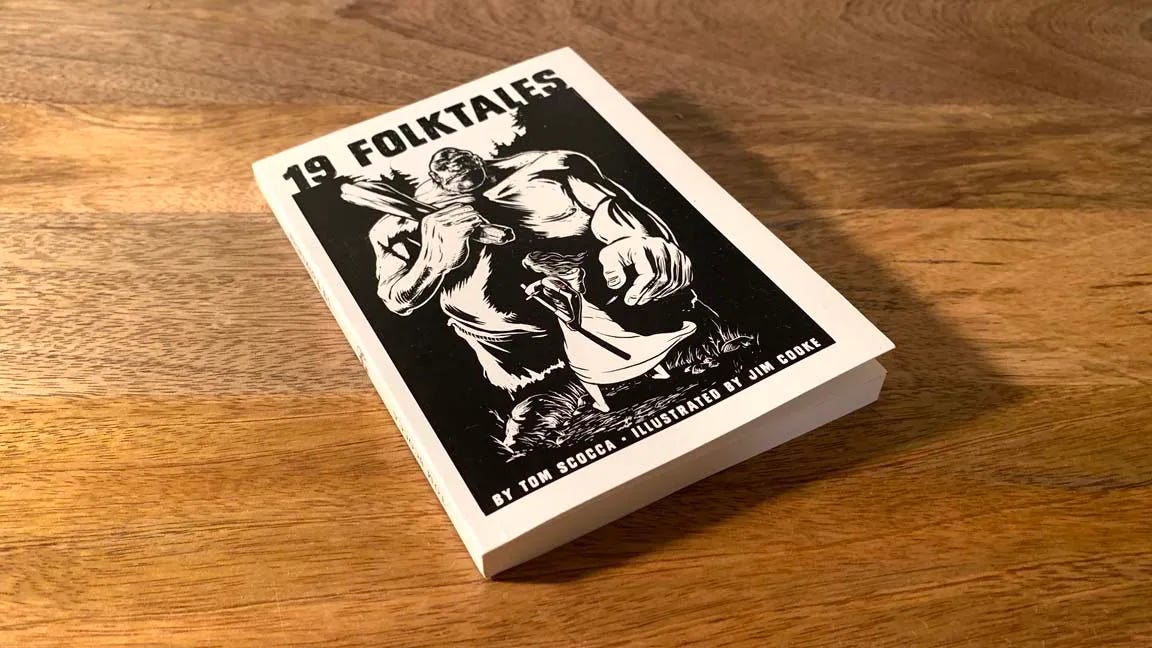
The second printing of 19 FOLK TALES is now available for belated Holiday gift-giving and personal perusal! Huddle up against the cold with a cozy collection of stories, each of which is concise enough to read within the snowy part of a wintry-mix storm.
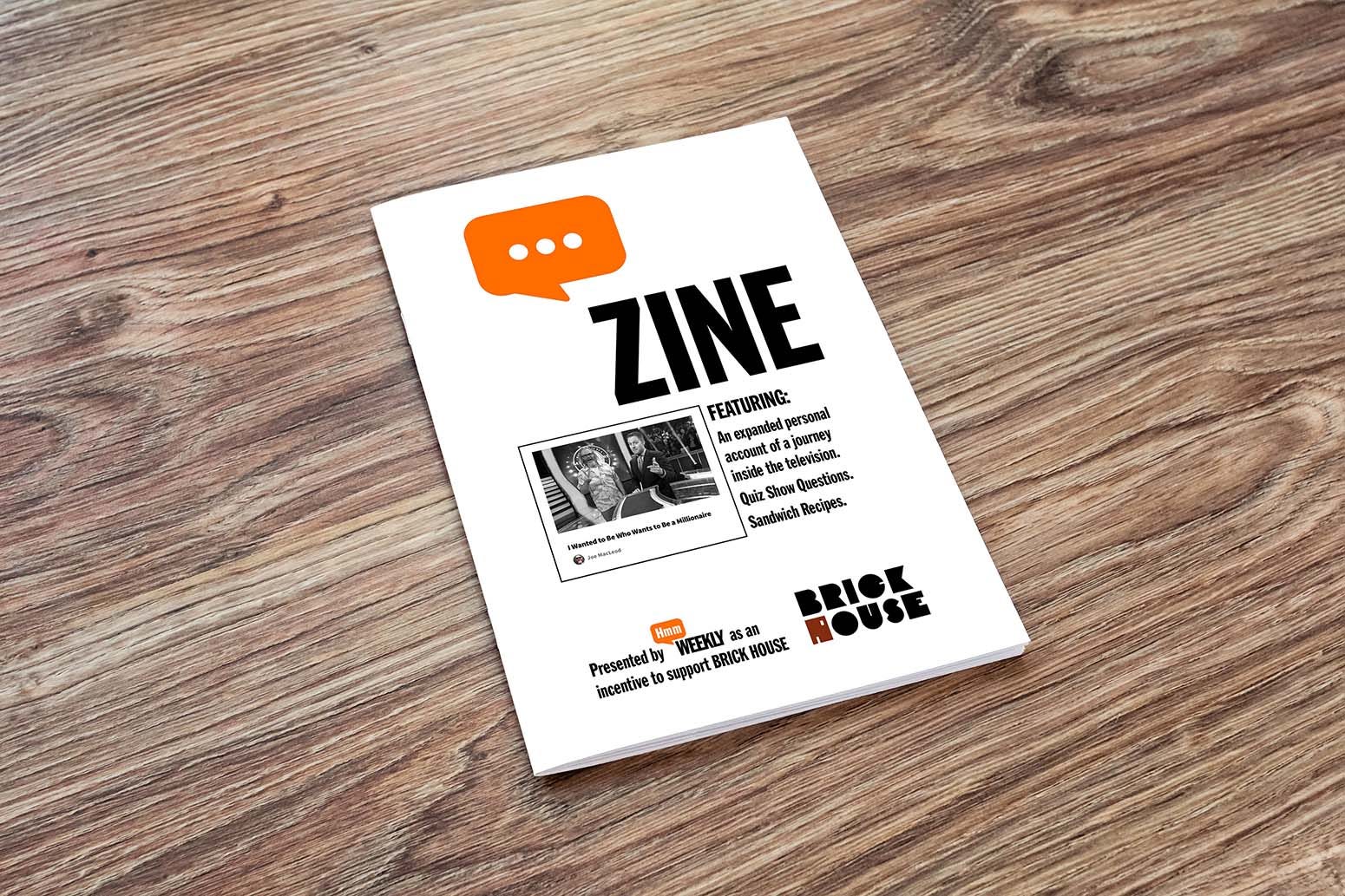
HMM WEEKLY MINI-ZINE, Subject: GAME SHOW, Joe MacLeod’s account of his Total Experience of a Journey Into Television, expanded from the original published account found here at Hmm Daily. The special MINI ZINE features other viewpoints related to an appearance on, at, and inside the teevee game show Who Wants to Be A Millionaire, available for purchase at SHOPULA.

FLAMING HYDRA will launch in January of 2024. The FLAMING HYDRA Holiday Preview Spectacular, a rich sampling of the writing and art you’ll enjoy as a subscriber to the forthcoming daily newsletter, is available now for your inspection. FLAMING HYDRA is the work of 60 world-class talents, but that’s just one reason to subscribe. FLAMING HYDRA is a 100% cooperatively owned, ad-free publication with no owners and no investors; just a bunch of writers and artists working together and splitting the proceeds equally.

INDIGNITY is a general-interest publication for a discerning and self-selected audience. We appreciate and depend on your support!



